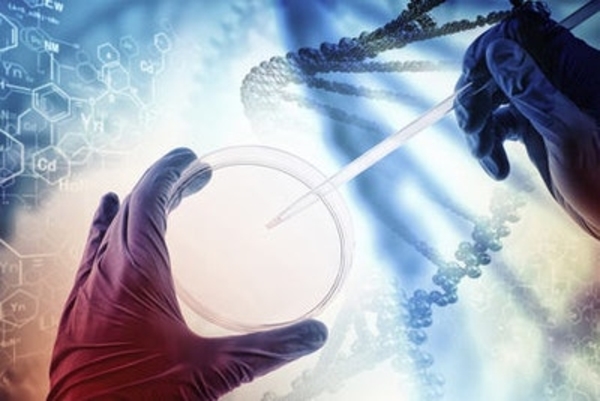Description
Powerful new technologies have been driving forward immense and exciting changes in clinical practice. The days of peering down the microscope to detect chromosome abnormalities are gone, replaced by chromosome analysis at the genomic level. Invasive Down syndrome tests in pregnancy have made way for the evaluation of fetal DNA in maternal blood. And instead of laborious gene-by-gene targeted sequencing, we can now sequence all of our genes in parallel in a single experiment. The course has been approved for distance-learning continuing professional development (CPD) by the Royal College of Pathologists (RCPath): for 15 CPD credits. Understand and apply molecular genetic techniques This postgraduate-level course, in combination with Genomic Technologies in Clinical Diagnostics: Next Generation Sequencing Technologies, will help you understand these new and established genetic technologies, and their application to clinical practice. This course focuses on molecular techniques. By the end, you will be able to demonstrate knowledge and applicability of the molecular principles behind: array comparative genomic hybridisation (array CGH); karyotyping; fluorescent in situ hybridisation (FISH); Southern blotting; multiplex ligation probe amplification (MLPA); polymerase chain reaction (PCR) and Sanger sequencing; quantitative fluorescent PCR (QF-PCR); single nucleotide polymorphism (SNP) genotyping and genome wide association studies (GWAS); and the extraction and analysis of cell free fetal DNA, including non-invasive prenatal testing (NIPT). Through practice exercises each week, you will evaluate which laboratory investigations are most suitable for a given clinical scenario. Continue studying with St George’s, University of London Both Genomic Technologies in Clinical Diagnostics courses draw on the experience of experts in clinical genetics and education at St George’s, University of London. The two courses will provide you with the teaching component of module 1 of the PGCert in Interpretation and Clinical Application of Genomic Data (PGCert ICAG) from St George’s. To apply for the PGCert ICAG, you must be employed as a genetics trainee within the UK, and hold a national training number (NTN) in clinical genetics. If you upgrade and complete both courses on FutureLearn and earn a Certificate of Achievement for each, you will have completed the teaching component of the module, should you apply to study at St George’s. This course is designed for scientists and healthcare professionals with an interest in obtaining a postgraduate-level understanding of molecular genomic techniques. If you are new to the field, we recommend that before you start this course, you complete The Genomics Era: the Future of Genetics in Medicine – the first in the Genomics in Healthcare program from St George’s.







 How to resolve AdBlock issue?
How to resolve AdBlock issue? 


Comments (0)